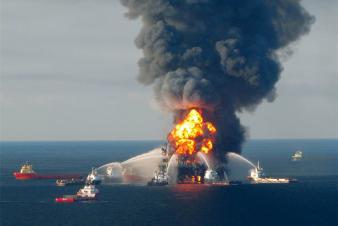
On April 20, 2010, an explosion on the Deepwater Horizon Macando oil well resulted in the loss of 11 lives and the largest marine oil spill in U.S. history, releasing millions of barrels of oil into the Gulf.
Texas OneGulf was established in January 2015 as a Texas Center of Excellence after the Deepwater Horizon disaster to advance research into ongoing impacts from the oil spill and other long-term issues that threaten the health and sustainability of the Gulf.

On April 20, 2010, an explosion on the Deepwater Horizon Macando oil well resulted in the loss of 11 lives and the largest marine oil spill in U.S. history, releasing millions of barrels of oil into the Gulf.

On July 6, 2012, the President signed into law the RESTORE Act, establishing a trust fund for programs, projects and activities that restore and protect the environment and economy of the Gulf Coast region.
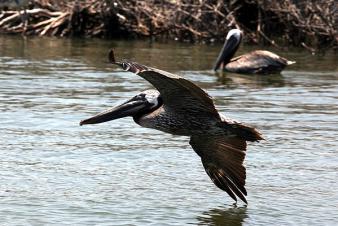
On July 2, 2015, BP and Gulf states announced an $18.7 billion settlement, $5.5 billion of which would be used for Clean Water Act penalties. A portion will establish Centers of Excellence to fund resilience science.
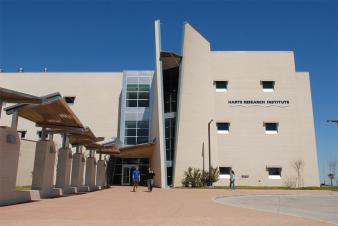
Later that year, TCEQ Commissioner Toby Baker announced the selection of Texas OneGulf as one of two Centers of Excellence in Texas as part of ongoing implementation of the RESTORE Act.
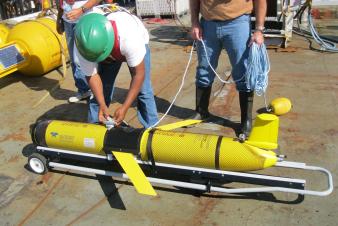
In 2016 OneGulf made its first awards of ~$2 million for research with additional funds from the Governor’s Office. Diverse projects advanced research on red tide, disaster response, and a Gulf Report Card.
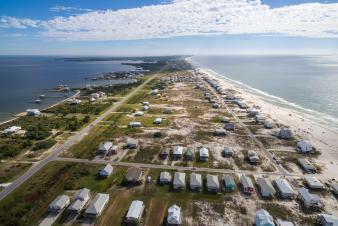
Since its inception, Texas OneGulf has made additional awards nearing $3 million for research to benefit the resilience of Texas and the Gulf. See below to learn more about our current work.
Texas OneGulf is a consortium of nine top state institutions led by the Harte Research Institute (HRI) at Texas A&M University-Corpus Christi with wide-ranging expertise in the environment, the economy and human health.
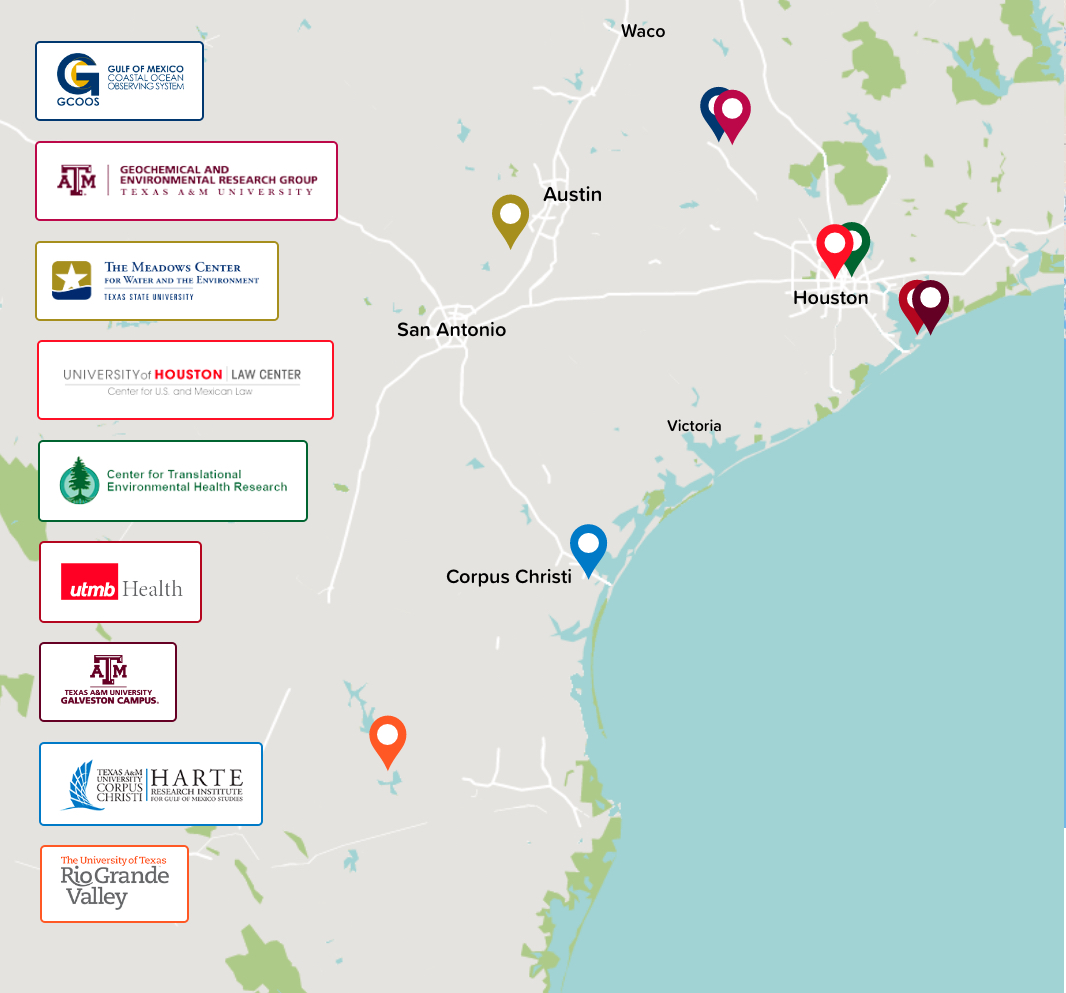
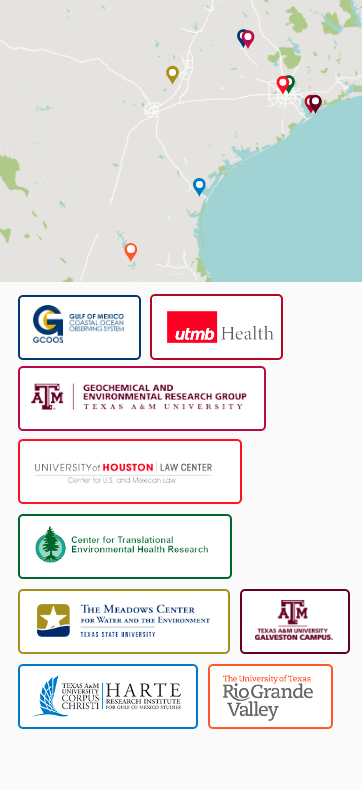
The Texas OneGulf Network of Experts is an integrated body of over 150 Texas experts in marine and ocean science, human health, economics, policy and law that can provide rapid, science-based support in solving Gulf related problems affecting Texas.
The RESTORE Act designates five disciplines that must be addressed: coastal sustainability, restoration and protection; fisheries and wildlife research and monitoring; safe offshore energy development; sustainable and resilient economic growth; and comprehensive Gulf observation, monitoring and mapping. Texas OneGulf advances these areas through its Strategic Research Action Plan.
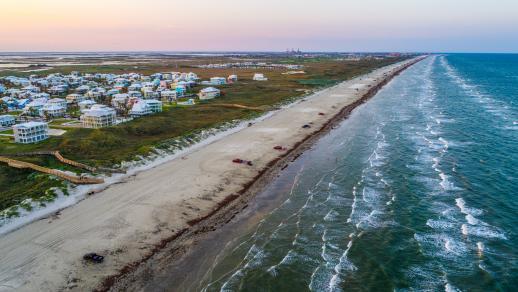
Texas OneGulf is developing its scientific research program. Key to program development is guidance from the Texas OneGulf Consortium Leadership group, which acts as a Board of Directors and is comprised of senior representatives from each of OneGulf’s nine-member consortium of research institutions. The Center of Excellence has also formed the Texas OneGulf Agency Council to better inform OneGulf on priority decision-making needs and the development of projects. The Council is composed of agency leadership from Texas Commission on Environmental Quality, Texas Division of Emergency Management, Texas General Land Office, Texas Parks and Wildlife Department and Texas Water Development Board.
Drawing from the Texas OneGulf Strategic Research and Action Plan, the Council has identified Texas OneGulf Priority Needs, including priority research questions in the Community Resilience and Estuarine and Coastal Environments focus areas. These questions formed the basis of the Texas OneGulf FY23 Notice of Funding Availability (currently in review) and will continue to guide future funding efforts.
Importantly, OneGulf also will continue to support the deepening of collaboration among scientists and end-users to better understand decision-making needs and contexts, such that trusted, actionable science can be best supported and produced.

The Strategic Research and Action Plan lays out our research goals and capacity we have to advance our vision, which is for OneGulf to become a trusted network of Gulf experts that provides science-driven information to decision-makers working to ensure the environmental, economic and human health sustainability of the Texas Gulf coast and beyond. There are two goals of the Plan – improve understanding of the Gulf as a large marine ecosystem, and improve understanding of the connections between environmental and human health to the benefit of both.
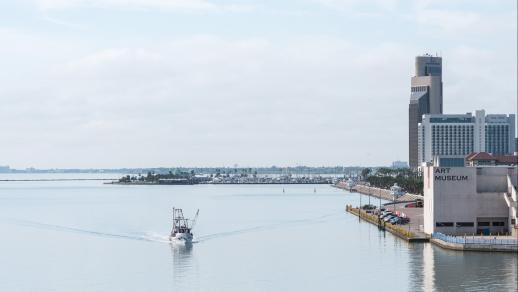
Beginning in 2015, the first 5 years of operation for the RESTORE funded Texas OneGulf Center of Excellence resulted in 7 projects totaling nearly $3 million for research addressing priority problems affecting the health and wellbeing of Texas and the Gulf. This funding was supplemented by the Office of the Governor, resulting in an additional 11 projects with about $2 million in research funding. These projects represented the first major allocation of research dollars from the Texas OneGulf consortium. The projects tackled a variety of issues that directly impact the Gulf and its residents.